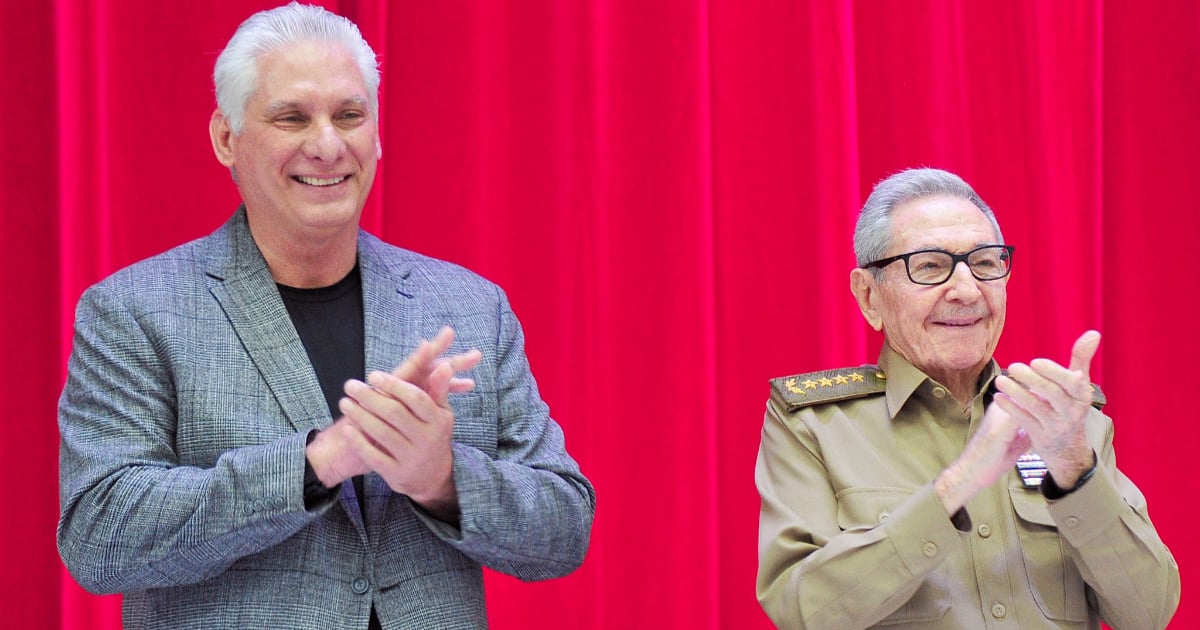The decision by President Donald Trump to halt U.S. foreign aid for 90 days could significantly impact global power dynamics, international policy experts have warned. According to analysts consulted by the Associated Press (AP), the move might bolster authoritarian regimes by cutting support to democratic governments and human rights organizations in crisis-ridden nations.
This suspension affects numerous programs funded by the United States Agency for International Development (USAID), which have been pivotal in promoting democracy and providing humanitarian aid in countries such as Venezuela, Cuba, China, and Belarus. Among these is the National Endowment for Democracy (NED). Analysts emphasize that halting these funds sends a negative signal to dictatorships and undermines democratic efforts globally.
Moreover, the aid freeze has led to massive layoffs and the shutdown of essential programs worldwide, the AP reports. In Africa, for instance, initiatives aimed at combating diseases, improving education, and supplying food have been suddenly disrupted, endangering millions reliant on this assistance.
Impact on Humanitarian Efforts
In response to criticism, Secretary of State Marco Rubio has defended the measure, stating that reviewing each program is necessary to ensure alignment with U.S. national interests. Nevertheless, he has introduced additional exemptions for humanitarian programs providing medicine, food, and shelter to mitigate the suspension's impact.
Despite these exemptions, uncertainty lingers among aid organizations and foreign governments dependent on U.S. assistance. Many fear that reduced foreign aid might be exploited by powers like China and Russia to extend their influence in vulnerable regions, filling the void left by the United States.
International Reactions and Criticisms
In this scenario, Cuban Foreign Minister Bruno Rodríguez Parrilla criticized the U.S. stance on foreign aid, stating, "The U.S. government is now alarmed by million-dollar corrupt operations of the #NED in various countries with funds from American taxpayers. They should review how many in that country have enriched themselves by organizing destabilization and terrorism against #Cuba with the support of that organization."
USAID has played a crucial role in U.S. foreign policy, focusing on democracy promotion, economic development, and humanitarian aid in over 100 countries. However, since President Donald Trump's administration began, significant changes affecting its operation and mission have been implemented.
Controversial Shifts in U.S. Foreign Aid Policy
Following Trump's announcement to freeze foreign aid, Elon Musk, Director of the Department of Government Efficiency, expressed plans to shut down USAID, labeling it a "criminal organization" and a "den of worms." Subsequently, the Secretary of State took on the role of interim USAID administrator and announced its merger with the Department of State. These actions have sparked controversy and debates over their legality, given USAID's establishment mandate under the Foreign Assistance Act.
These decisions have drawn criticism both domestically and internationally. Non-governmental organizations and development experts warn that reducing foreign aid and dissolving USAID could weaken humanitarian and development efforts globally, adversely affecting the most vulnerable populations.
In the Cuban context, USAID has been involved in controversial programs, such as the creation of the ZunZuneo social network, known as the "Cuban Twitter," aimed at fostering dissent on the island. These initiatives have been criticized by the Cuban government, which considers them attempts at destabilization.
Key Questions on U.S. Foreign Aid Policy Under Trump
What impact could the suspension of U.S. foreign aid have globally?
The suspension could weaken democratic governments and human rights organizations, potentially empowering authoritarian regimes and disrupting essential humanitarian programs worldwide.
How has the U.S. government defended the foreign aid freeze?
Secretary of State Marco Rubio has argued that the freeze is necessary to review and ensure that aid programs align with U.S. national interests, although some humanitarian programs have been exempted.
What are the potential consequences of merging USAID with the State Department?
The merger could reduce focus and resources dedicated to development and humanitarian efforts, sparking legal and operational challenges given USAID's established role under the Foreign Assistance Act.
